
“An unexamined life is not one worth living.”
-Plato
What is philosophy?
In its most basic form, Philosophy can be described as “thinking about thinking.” A bit more formal definition is the study of knowledge, which incorporates fundamental questions about values, knowledge, existence, mind, reason, and language. Philosophy embodies questions of how one should live (ethics); what counts as knowledge (epistemology); what exists and what can be said about their nature (metaphysics); what are the correct principles of reasoning (logic); and what qualifies as science and what is its ultimate purpose (philosophy of science). Here, we will primarily be focused on logic and philosophy of science as these two areas of philosophy are pivotal in the critical thinking process.
what is logic?
The etymology of the word “logic” is the Greek word logos, which is translated as “discourse”, “sentence”, “rule”, and “reason”. However, the direct translation of the word isn't how the word “logic” is used today. So, what is logic? Originally it meant “word”, or “what is spoken,” but has come to mean “thought,” or “reason”. In general, it is a subject that is concerned with the most general laws of truth.
While there is no universal agreement on exactly what subject matter should be included in logic, within the scope of this site, we will cover the classification of arguments along with their associated structural terminology, logical fallacies, and, most importantly, what makes a good argument.
Our hope is that you will incorporate the logic you learn here into your everyday life. Whether it comes to simple household problem solving, casual conversations with friends, or formulating a political worldview for yourself, logic will assist in the process. In short, the logical skills learned here will enhance your critical thinking ability and, subsequently, improve your life overall as well.
related articles
Fallacies are errors in reasoning that undermine the credibility of your argument. That is, it renders the argument bad as it distorts the underlying logic. These logical errors are quite common in society and something that many of us encounter regularly. Whether it’s from an influencer trying to capture your attention, a politician wanting your vote, or even a friend trying to convince you of their position, logical fallacies are everywhere. Presented here are ten of the more common logical fallacies that you will encounter.
An informal fallacy where personal experience or a singular example is used instead of compelling evidence. People often gravitate towards using their own experiences or those of people around them as evidence in arguments. It's natural to do so as citing scientific evidence to craft a good argument takes effort and most of us are lazy thinkers and opt for the quicker and easier…
Vaccinations are arguably the greatest medical technology ever created. From the eradication of smallpox to the prevention of certain types of cancers, the success of vaccines is indisputable. The recent COVID-19 vaccines are no less impressive than their numerous predecessors. The leaders in effectiveness are the dual-dose Moderna and Pfizer vaccines, which achieve about 95% effectiveness after two doses, while the single-dose Johnson & Johnson vaccine has a 72% overall efficacy with an 86% efficacy against severe disease. While no vaccine offers 100% protection, they are all recommended to…
Over the last two decades, Americans have become more distrustful of traditional media sources. Pejorative terms like “fake news” and “mainstream media” have become particularly common among Americans in the last few years as a way to express frustration with how traditional institutions are reporting the news. Still, two out of three Americans say that the news is very important in holding political leaders accountable. What’s behind the drop in trust and what can…
It is certainly interesting times that we find ourselves in. Fake news, pervasive science denial, a new conspiracy theory seemingly every week, tens of thousands of unnecessary deaths from the pandemic that could have been easily avoided by acknowledging the recommendations coming from the scientific community, and many more examples. Society is swimming in false information that is literally costing people their lives at this point and driving us apart through polarization [1]. But what can we do? Quite a bit actually…
Establishing the credibility of information and claims in today’s information-dense world can be challenging. How do you know that information and claims you hear about are worth trusting as accurate? How do you avoid mistakes in your own thinking when deciding if something is true or when deciding on a particular course of action? Critical thinking is a method for…
An informal fallacy where you argue that because event A directly preceded event B, that event A caused event B. That is, because the two events correlate, that this then implies causation. This can also be thought of as a perceived relationship between two things that doesn't necessarily imply that one is the cause of the other. Clearly, this is a flawed position as correlation doesn't always imply causation. However, it is true that…
The technological revolution, with its explosion of data and far reaching accessibility, has forever changed the way humanity consumes information. Whereas once upon a time, before the days of the World Wide Web, information (along with accessibility) was limited; those days are now long gone. Today, humanity is constantly barraged with digital information. Whether it is the overwhelming surplus of questionable content or clickbait that serves no other purpose than driving traffic for the sake of sales, there’s….
An informal fallacy where two options or an “either/or” situation is presented when more possibilities exist. This fallacy is ostensibly logical, but, on closer evaluation, it becomes clear that it is indeed sophistry as there exist more than two possibilities than were presented. This type of thinking obfuscates the nuances that accompany most situations in life. That is, in general, life is…
In the news we often hear stories of ‘scientific studies’ which make claims such as: ‘the most addictive food is pizza’, or ‘the MMR vaccine causes Autism’ [1,2]. Those same news outlets will also report on studies that have found new evidence of climate change, or the effects of cannabis on opioid deaths [3]. Often, the same studies are discussed on multiple news outlets regardless of….
A philosophical razor is a rule that cuts out conclusions that have a low probability of being correct. I use the phrase “low probability” because the nature of a philosophical razor is that it is a rule-of-thumb and not a formal principle. Razors are quite common in…
A formal fallacy in which it is argued that because a perceived authority figure (or figures) believes a proposition (relevant to their authority) to be true, that proposition must therefore be true. This is also known as….
An informal fallacy where a claim is accepted or rejected based on the source of the evidence rather than on the quality of the evidence. The fallacy shifts focus onto the origin in an attempt to…
An informal fallacy where a realistic [insert something, someone, solution, etc. here] is compared to an idealized, unrealistic alternative. This is done in an attempt to….
People have been participating in debates since the beginning of time. It is a wonderful tool that humans have developed over the millennia to communicate ideas in hopes of reaching an amicable and constructive conclusion. However, in my experience, individuals who partake in….
An informal fallacy where selected evidence is presented that supports the position of the argument, while contrary evidence is withheld. This is done in an attempt to make the argument more persuasive to an audience. Moreover, the greater the volume or strength of the evidence withheld dictates how….
An informal fallacy where you argue that because something is “natural” it is therefore good, better, ideal, etc. While it is true that there are things in this world that are considered “natural” and also fall into the “good “ category (e.g., clean air), this isn't always the case (e.g., earthquakes). Naturalness itself doesn't automatically imply good or bad….
The Principle of Charity demands that one interprets a speaker's statement(s) in the most rational way possible. In other words, when ascribing to this principle, you must consider the strongest possible interpretation of your fellow interlocutor's argument before subjecting it to evaluation. The overarching goal of this methodological principle is to….
An informal fallacy where you substitute a person's argument with a distorted, exaggerated, or misrepresented version in order to make it easier to attack. However, this tactic undermines a rational debate as….
A type of informal fallacy where there is an ostensible similarity between two things, but, on closer examination, are in fact not equivalent. The two things may share something in common with one another, but….
A type of informal fallacy where you attack the person making the argument instead of the argument itself. This can take the form of blatantly attacking someone in the form of name calling or more subtly attacking an individual’s character in an attempt….
A type of formal fallacy where a small first event is suggested to lead to another more significant event, which then leads to an even more significant event, and so on, until some ultimate, extreme event is reached. The connections between each significant event are likely related, but….
The word “fallacy” comes from “fallacia” in Latin which means “deceit, trick, deception.” However, the more modern definition for logical fallacies is “faulty reasoning as a result of neglecting the rules of logic” or, more succinctly, just “an error in reasoning.” These errors can…
As you are now familiar with the structure of an argument, there are now finer details that need to be addressed. First, arguments can primarily be categorized as either deductive or inductive, which derive their names from the types of reasoning used to construct them. Second, we'll discuss…
You are probably already familiar with the word “argument” as its used quite often in casual conversation. In everyday parlance, argument means a spat or disagreement between two or more individuals over a particular topic. However…
what is philosophy of science?
Philosophy of science is a branch of philosophy that is concerned with the foundations, methods and implications of science. What qualifies as science? Are scientific theories reliable? What is the purpose of science? These are all primary questions that are central to this branch of philosophy. Within this site, we will primarily be focused on how the scientific process works, why it works, and why it is the best epistemological framework that we have. The primary goal of communicating these aspects of philosophy of science to you is to bolster your trust in the results of science as well as teach you how to think more like a scientist.
related articles
Science is interesting but messy. It has flaws and limitations, but it remains our most effective tool to understand the natural world. Contrary to what many may think, science does not “prove” [1] anything and it does not lead to an “objective truth”. Science is the process by which scientists collect data through observational and experimental evidence to explain a particular phenomenon…
In part I, we discussed the concept of knowledge and introduced the Justified True Belief theory as a possible framework for establishing how it is that we might be able to say that we know anything at all. We also introduced the notion that science doesn't actually ever prove anything. That is, due to the philosophical structure of science, we never can be absolutely certain about any of the knowledge attained through it. This may appear problematic, but it is the…
Have you ever gotten into a debate over a scientific topic with someone? For example, Big Bang Theory or Evolutionary Theory? If you have, maybe it went something like this, “We know the Big Bang happened because we have evidence of space expanding via Hubble’s Law, and the Cosmic Microwave Background suggests that at one time everything was condensed into a very small volume before rapid expansion.” In my experience, the people I debate respond by either questioning the…
The scientific method is arguably the most valuable instrument for knowledge that we have ever invented. Nonetheless, it is not perfect as bad research does sometimes get published and the volumes of evidence generated are….
The term “consensus” is often encountered in daily life on the news, in causal conversation, on social media, etc. and most would interpret this word as the majority of opinion. However, once you attach the word “scientific” in front of it, you move beyond the colloquial terminology into….
We have been introduced to the Scientific Method in a previous post. To recap, the process goes a bit like this:…
The scientific method is a process implemented in experimentation that is used to answer questions surrounding an observation. However, this is a loose definition as scientists often will modify this process when direct experimentation is not available. For example, scientists studying climate change over large time periods cannot fast-forward time to….

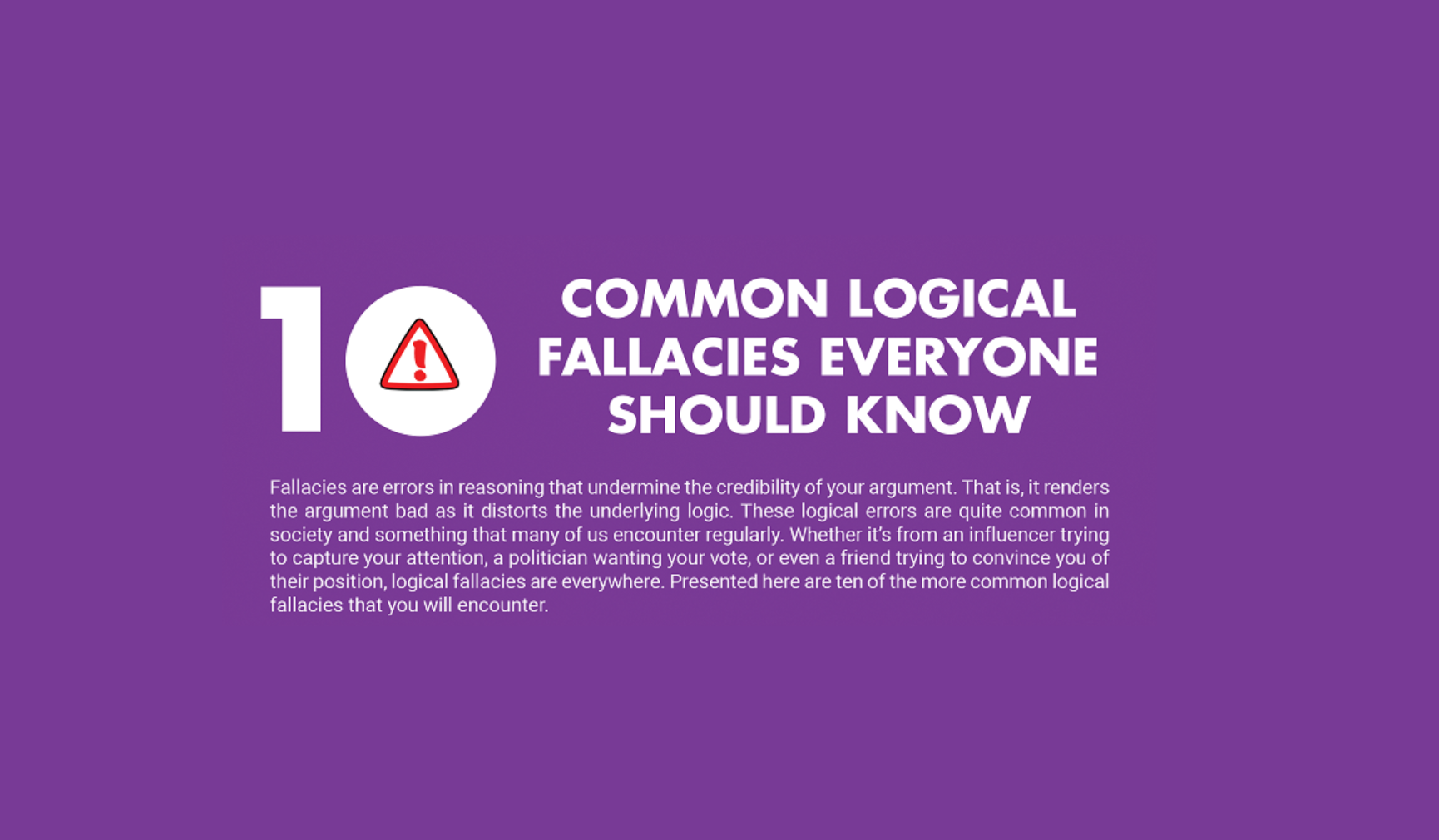

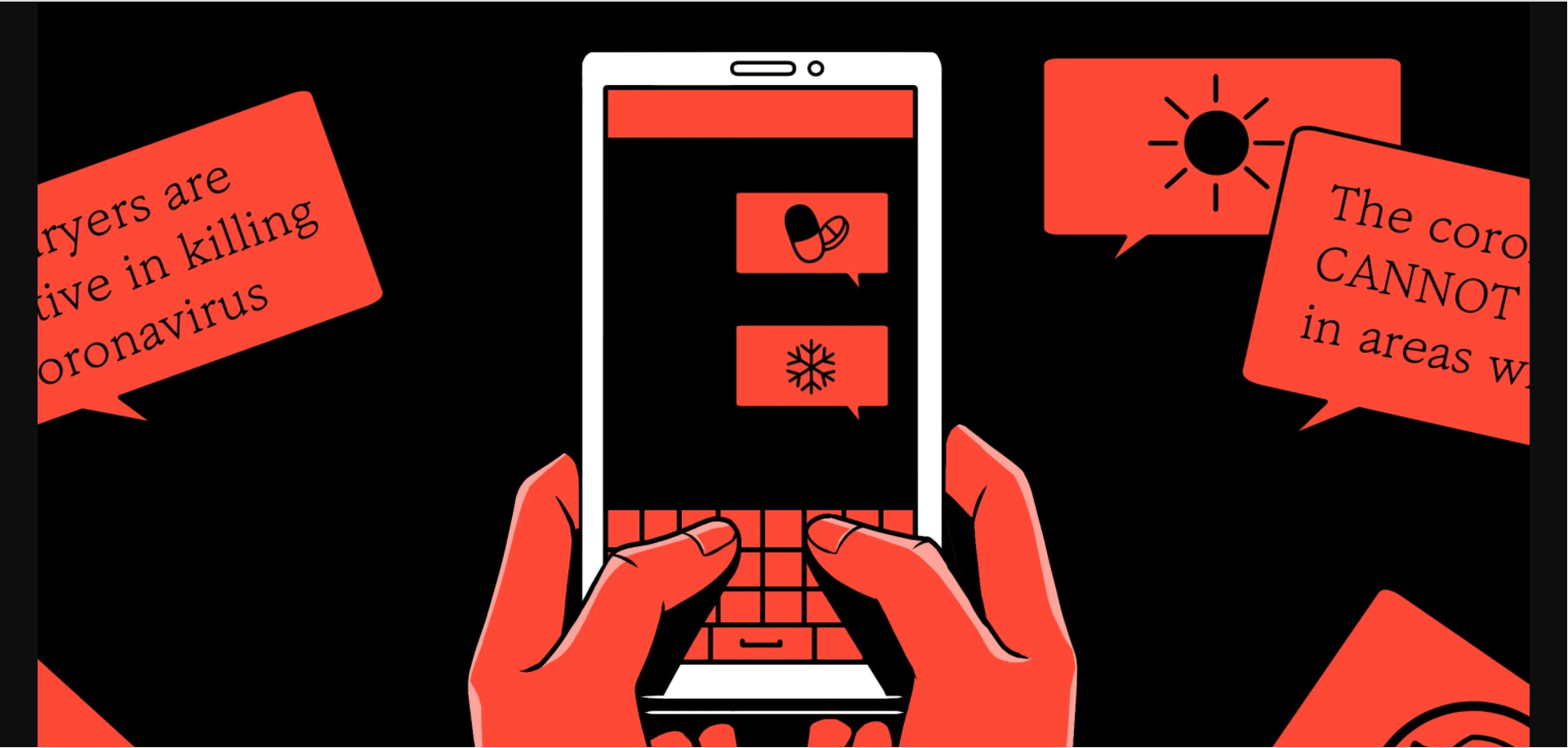














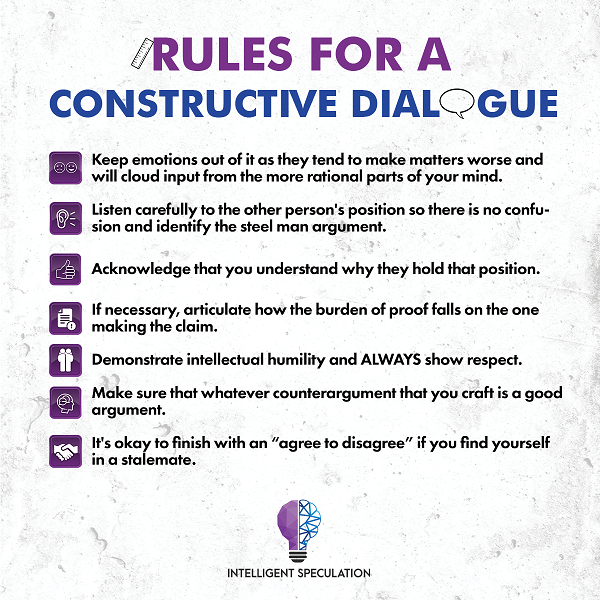











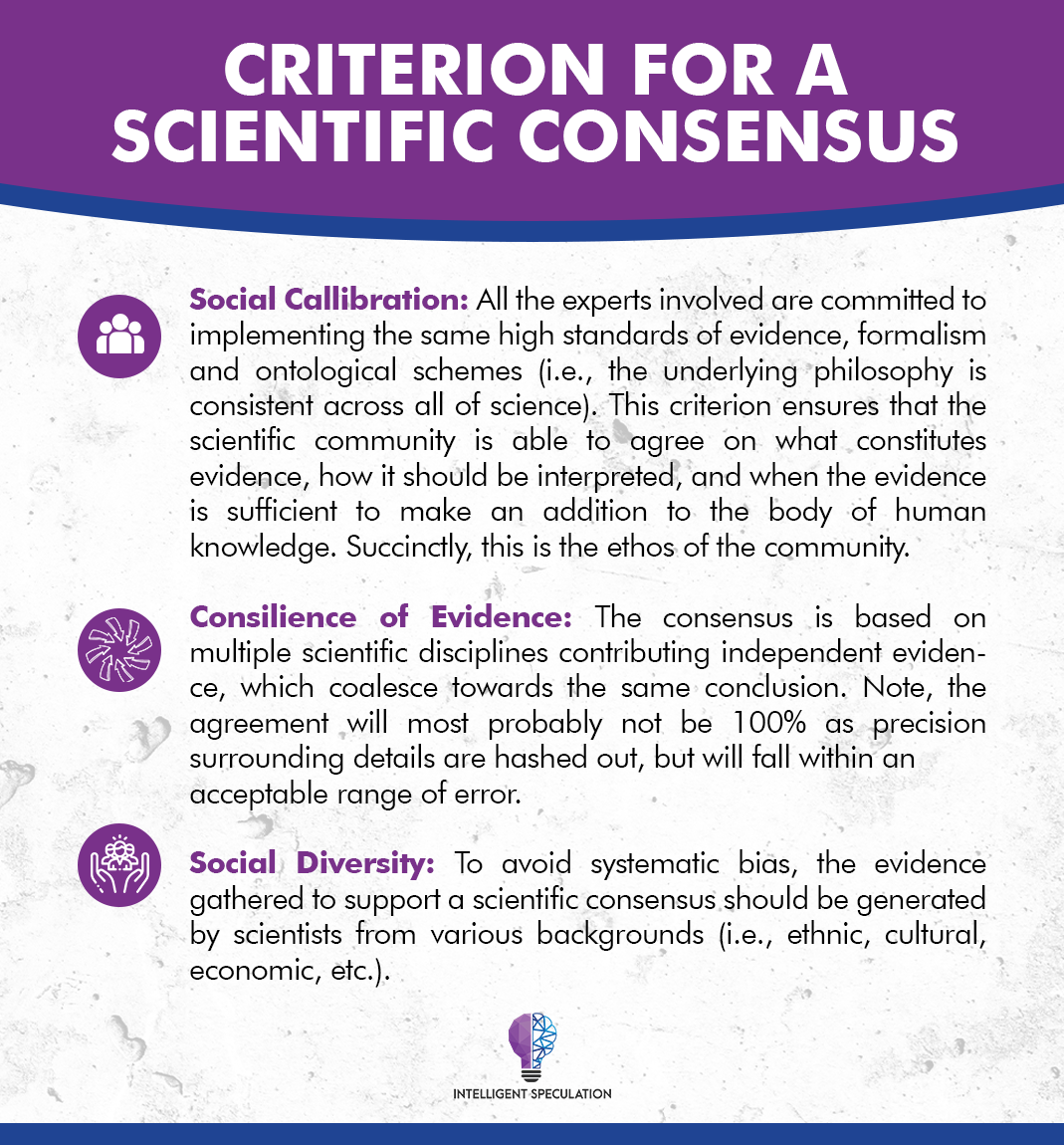

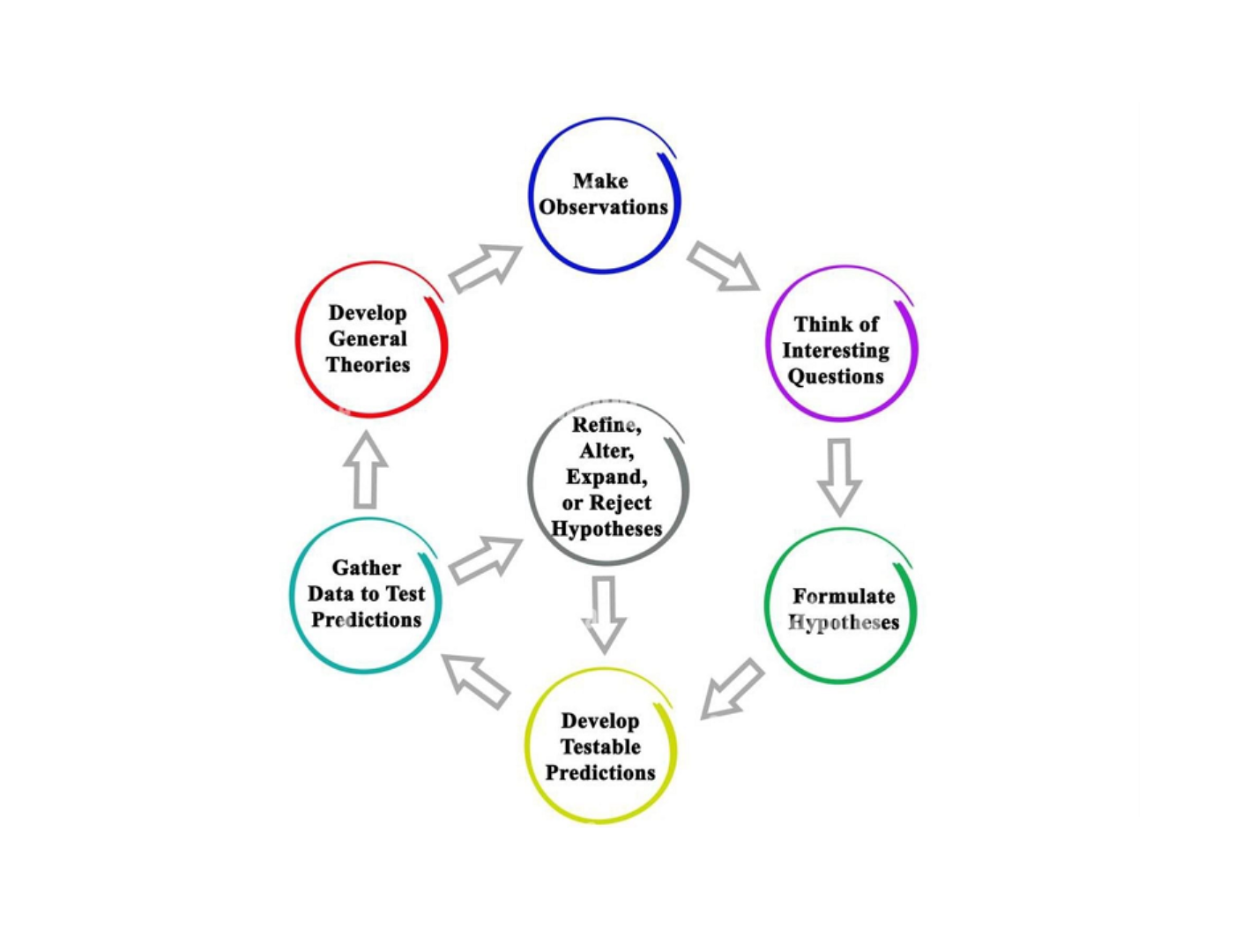
An informal fallacy that occurs when evidence is presented in response to a specific claim that is subsequently dismissed and greater evidence is then demanded. Or, demanding from an opponent that he/she address more points after the initial counter-argument has sufficiently provided evidence against the primary argument. That is, the requirement for a sufficient rebuttal is continually changed after each counter-argument so as to never be able to